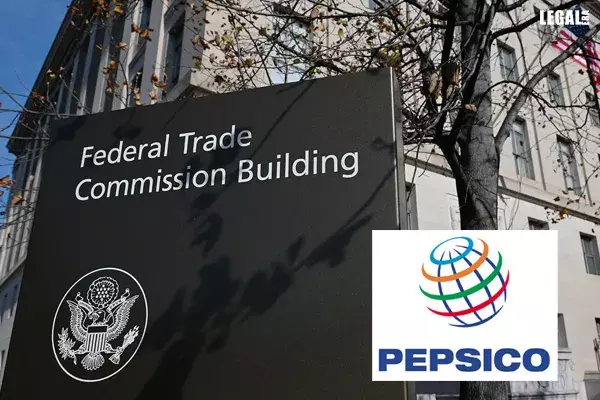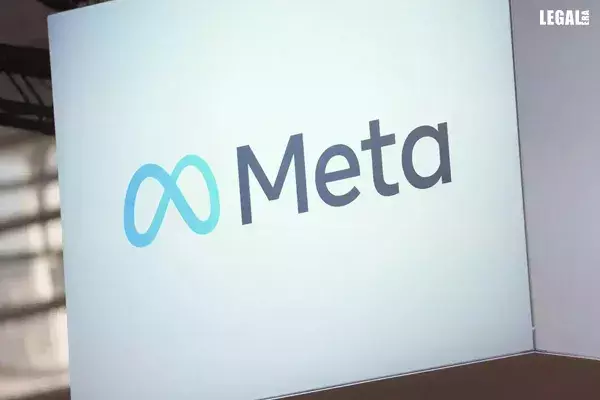Facebook Says That It Won't Remove Encryption From Apps Nor Give Enforcement Agencies Any Access To Such Services
[ By Bobby Anthony ]Facebook has clearly told United States Attorney General William Barr that the social networking giant will neither remove encryption from its messaging apps like WhatsApp nor will provide law enforcement agencies access to its encrypted services.“As a company that supports 2.7 billion users around the world, it is our responsibility to use the very best technology...
Facebook has clearly told United States Attorney General William Barr that the social networking giant will neither remove encryption from its messaging apps like WhatsApp nor will provide law enforcement agencies access to its encrypted services.
“As a company that supports 2.7 billion users around the world, it is our responsibility to use the very best technology available to protect their privacy. Encrypted messaging is the leading form of online communication and the vast majority of the billions of online messages that are sent daily, including on WhatsApp, iMessage, and Signal, are already protected with end-to-end encryption,” said WhatsApp head Will Cathcart and Facebook Messenger's chief Stan Chudnovsky, in a letter to Barr.
“The 'backdoor' access you are demanding for law enforcement would be a gift to criminals, hackers and repressive regimes, creating a way for them to enter our systems and leaving every person on our platforms more vulnerable to real-life harm,” they wrote.
“People's private messages would be less secure and the real winners would be anyone seeking to take advantage of that weakened security. That is not something we are prepared to do”.
Facebook's letter came ahead of a Senate Judiciary hearing on encryption.
The company said that it has more than doubled the number of people working in the area of security and privacy to over 35,000.
“WhatsApp detects and bans 2 million accounts every month based on abuse patterns and scans unencrypted information, such as profile and group information for abusive content, like child exploitative imagery,” said the company.
It may be recalled that in October, Facebook CEO Mark Zuckerberg had defended his decision to encrypt the company's messaging services.
Zuckerberg had said that child exploitation risks weighed “most heavily” on him when he was making the decision and pledged steps to minimize harm.









